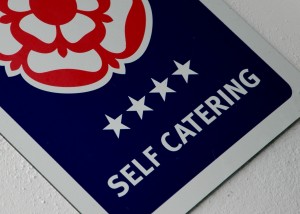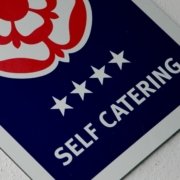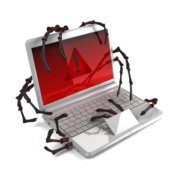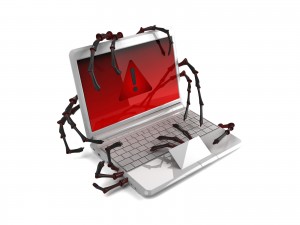 Although thoughts are now very much geared toward the summer season the UK tourism industry has had some good news. VisitBritain’s statistics suggests last December was one of the best on record for the UK tourism accommodation industry.
Although thoughts are now very much geared toward the summer season the UK tourism industry has had some good news. VisitBritain’s statistics suggests last December was one of the best on record for the UK tourism accommodation industry.
An extra 400,000 people enjoyed a stay with a UK accommodation provider when compared with the year before. (10.8 million domestic overnight trips in 2017 vs 10.4 million made in 2016). Those additional visits boosted overall spend by 3% to a staggering £1.7 billion.
Here’s a lowdown of some of the key figures from their latest report.
Defying winter weather and supporting staycations
Whilst it seems a distant memory with spring blossoming, December was characterised by strong winds and cool temperatures. Storm Caroline and Dylan brought with them gale-force gusts and widespread frosts. However, this didn’t dampen overall tourism performance, with domestic overnight trips made throughout England increasing by 6% from December 2016.
There are strong indicators that the UK ‘staycation’ is still booming. Domestic trips and travel were up across the last quarter of the year. The weak pound against other currencies across the globe and continued uncertainty surrounding Brexit are both said to have potentially contributed to those looking a little closer to home.
Higher visitor numbers bring greater spending power
With bed nights up a whopping 12% year on year, it’s unsurprising that guest spend has also increased. In real-terms it’s up by around £50 million (that’s £70,000 every hour). This further highlights tourism’s importance to associated trades such as hospitality. This increase in spend is realised across the year, with spending 3% higher than across 2016 (up to £23.7 billion).
The age of those travelling
The greatest increase across the past year has been in trips taken by 25 – 34 year olds (up by 7%) and those that are 55 years and over (up by 3%). As these two markets are very different in terms of potential needs, taste and requirements from a holiday home, it’s positive for the market and variety within it as a whole.
The biggest winners
When looking at the specific areas that benefited from higher bed nights and stays during December the biggest winners were the North West (up by 14%) and Yorkshire & Humber (up by 15%). The North East also so a gain of 7% when compared to 2016 figures.
For full information on the latest trends and figures from Visit Britain please click on this link – PDF format: VisitBritain December 2017 Detailed Report
Boshers offer specialist holiday home insurance to owners across the UK. For information on how specialist insurance can help protect your holiday home business, call us on 01237 429444



 Internet access via personal computers, tablets or mobile devices is an essential communication tool for all those letting their holiday homes to guests whether owner managed or let via a holiday home letting agency. Any disruption caused by computer viruses or malware is at the least a real inconvenience and worst, very costly. There is an opportunity for holiday home owners to protect from the threat of hackers, read on to learn more.
Internet access via personal computers, tablets or mobile devices is an essential communication tool for all those letting their holiday homes to guests whether owner managed or let via a holiday home letting agency. Any disruption caused by computer viruses or malware is at the least a real inconvenience and worst, very costly. There is an opportunity for holiday home owners to protect from the threat of hackers, read on to learn more.


